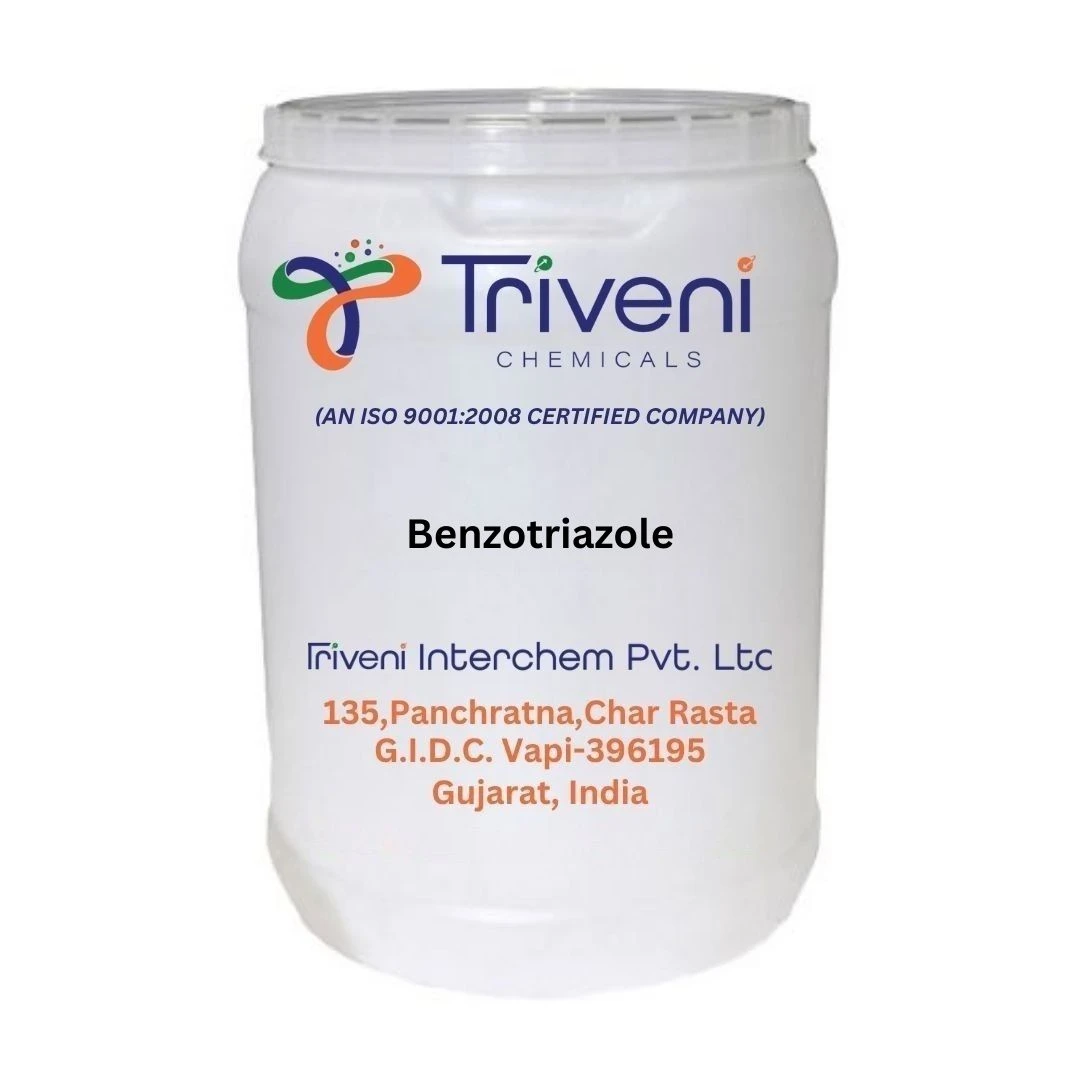Dishwasher detergents are crucial tools for keeping kitchenware clean and sanitary.These strong cleansers are designed to cut through oil, grime, and food residue, leaving dishes, glasses, and utensils gleaming and bacteria-free. Surfactants are the fundamental components of dishwashing detergents, which reduce water's surface tension, allowing it to enter and lift..
Dishwasher detergents are crucial tools for keeping kitchenware clean and sanitary.These strong cleansers are designed to cut through oil, grime, and food residue, leaving dishes, glasses, and utensils gleaming and bacteria-free. Surfactants are the fundamental components of dishwashing detergents, which reduce water's surface tension, allowing it to enter and lift grease and food particles. These surfactants might be anionic, cationic, amphoteric, or non-ionic, with each possessing distinct qualities for successful cleaning. Anionic surfactants, such as linear alkylbenzene sulfonates (LAS), effectively remove grease and produce foam.They perform well in soft water but may suffer in harsh water circumstances. Non-ionic surfactants, such as alcohol ethoxylates, are effective in dealing with hard water and can be used in conjunction with anionic surfactants to increase cleaning efficiency. Builders, such as phosphates or citrates, are used in detergents to soften water and avoid mineral deposits on dishes. Phosphates, while useful, have caused environmental concerns since they contribute to water pollution. Manufacturers have now developed phosphate-free alternatives, which use enzymes or citric acid as substitutes. Enzymes such as protease, amylase, and lipase break down certain food remnants, making them easier to remove. Protease removes protein stains, amylase dissolves starches, and lipase dissolves fats and oils. Incorporating these enzymes improves the detergent's capacity to remove stubborn, dried-on food. Furthermore, many dishwashing detergents contain chelating agents, which attach to metal ions in hard water and prevent them from interfering with the cleaning process. Chelators often employed in these formulations include sodium carbonate and EDTA. Fragrances and dyes are added for aesthetic purposes, to give the detergent a pleasing aroma and improve its look. However, these components may cause irritation in sensitive persons, prompting the development of dye-free and fragrance-free alternatives. As consumers become more environmentally sensitive, producers are developing eco-friendly detergents. These formulas include biodegradable materials and reduce toxic chemicals, meeting the growing need for environmentally friendly cleaning solutions. When selecting the best dishwashing detergent, consider water hardness, cleaning power, environmental impact, and personal preferences. These detergents, whether in liquid, powder, gel, or pod form, serve an important part in keeping kitchens clean around the world.



